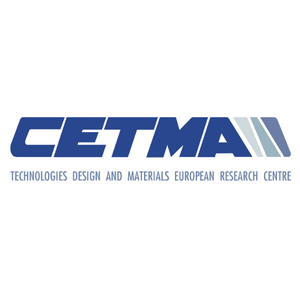CETMA (European Research Center for Technologies Design and Materials) is a Research and Technology Organization (RTO) involved in industrial development activities on advanced materials and processes, computer engineering and industrial design. The AMP – Advanced Materials and Processing Consulting Dept. of CETMA, operates since more than 20 years in activities dealing with the recycling and the reuse of industrial scraps from various sources and with materials from renewable resources, focusing on both formulation and process development.
Within Plooto, Cetma are involved in “CFRP waste for drones” pilot that aims to produce drone components using uncured prepreg waste. In particular, CETMA aims to develop a procedure to evaluate the usability of expired prepregs for composite production and, hence, to extend their useful life.
Most composites components are produced from thermoset prepregs which undergo a progressive and irreversible cure reaction; as the prepreg cure reaction advances a continuous physicochemical change occurs modifying resin properties, handling, and processing behaviour. For this reason, prepreg manufacturers indicates the allowable prepreg storage time at room temperature (called out life) and at freezer temperature (called storage life) beyond which composite mechanical performances are no longer assured.
In order to find a way to extend the useful life of expired prepregs, Cetma is studying thermoset prepreg aging mechanisms. The study is focused on finding a correlation between thermal expired prepreg properties and composite mechanical performances. This idea is based on the assertion, widely supported in scientific literature, that prepreg aging determines a resin cure degree advance and, hence, a lower resin flow capacity that could affect the composite mechanical performances due to an increase of porosity.
After several tests performed on prepreg selected by HP Composite, it was proved that B-stage glass transition temperature (Tg) is an effective parameter to assess the aging process and can be correlate to the prepreg cure degree ongoing state.
Actually, Cetma activities are focused on looking for a correlation between B-stage Tg and composite mechanical performances, in particular porosity and short beam shear.
Once classified the aging state of the material, new process parameters for the composite production have been defined to extend the prepreg useful life. Processing window modifications will restore full value of expired prepregs ensuring that composite parts have similar performances of those obtained with not-expired prepregs.

